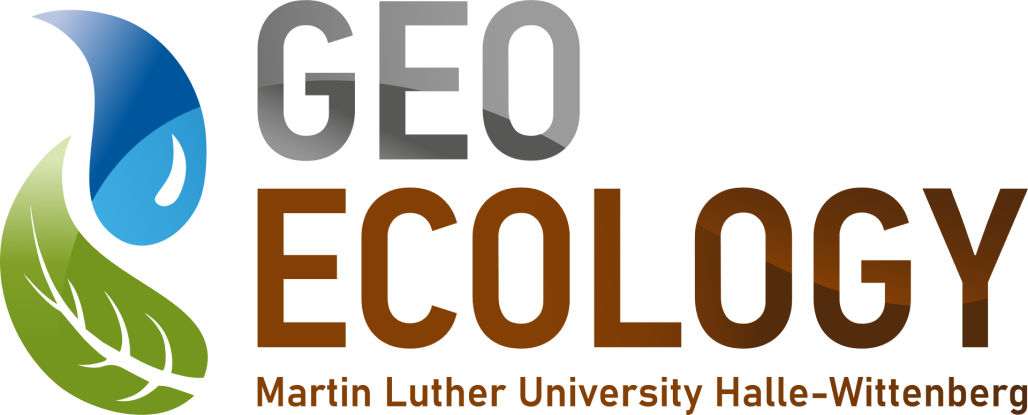The innovative content of the completed project consisted in the development of an integrated educational concept that combines the possibilities of classical classroom learning and web-based teaching and learning methods. With the topic of climate change, climate impacts and climate adaptation, the focus was placed on a subject area with high economic and ecological relevance for the state of Saxony-Anhalt. The teaching and learning space “MLU-BIKAB” should be applicable beyond the boundaries of different educational institutions and create a bridge between school and university education in the sense of the Higher Education Pact.
Sub-project leader:
Team:
Background and objectives:
MLU-BIKAB aimed to illustrate the effects of climate change on geoecosystems in the Central German Drylands. In addition to increasing knowledge and skills regarding sector-specific adaptation measures to climate change, “MLU-BIKAB” thus also offered the opportunity to place one’s own actions in a broader ecological context. The case studies within syndrome concepts enabled the transfer to comparable spaces as well as the concretisation of generally valid climate phenomena and adaptations.
Methodical approach:
The e-learning formats consist of cross-media storytelling learning modules based on Esri Story Maps, which are combined with R-based models, in-situ measurement series and H5P modules for self-testing of learning success.
Expected results:
Educational offers consisting of lecture series, online learning modules, case studies, scenarios and summer school / science camp, are offered via a learning environment (RIA) designed as a Rich Internet Application, so that they can be integrated both as a closed overall system and in their individual modules into existing and to be created educational, further and continuing education offers.

